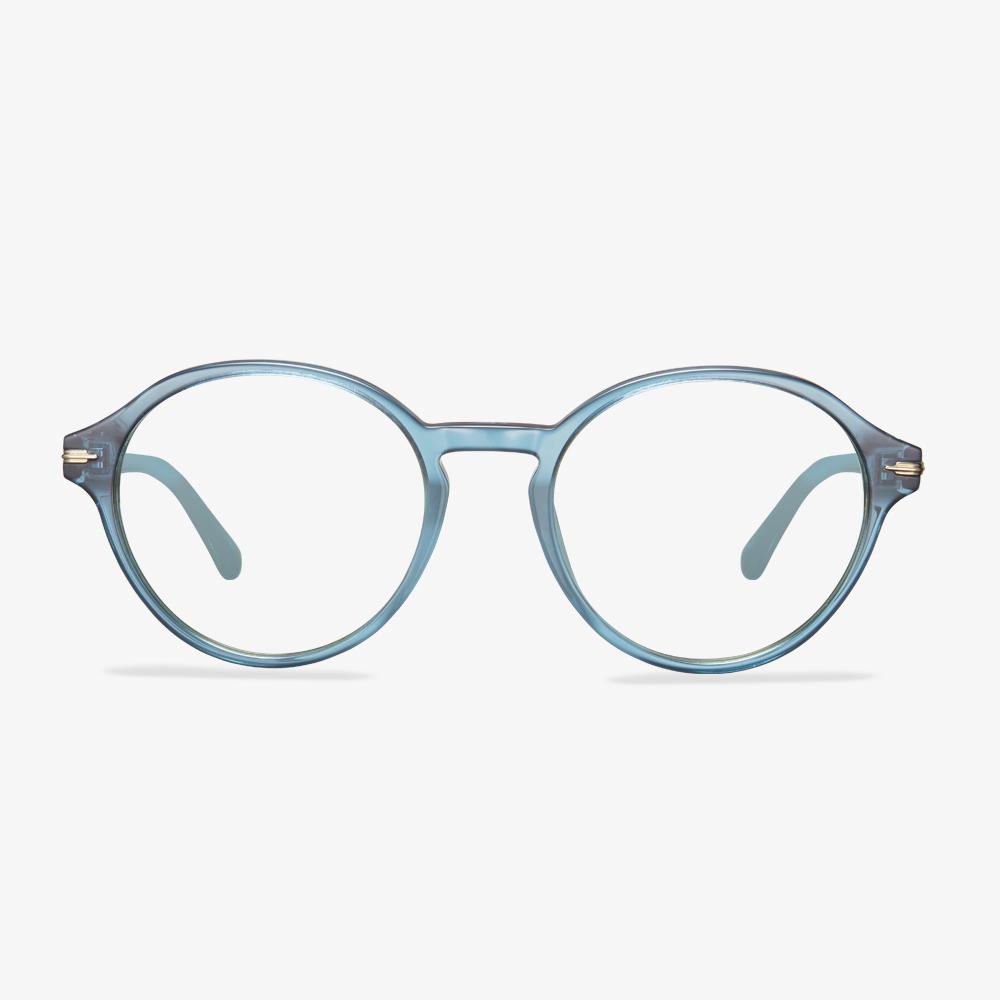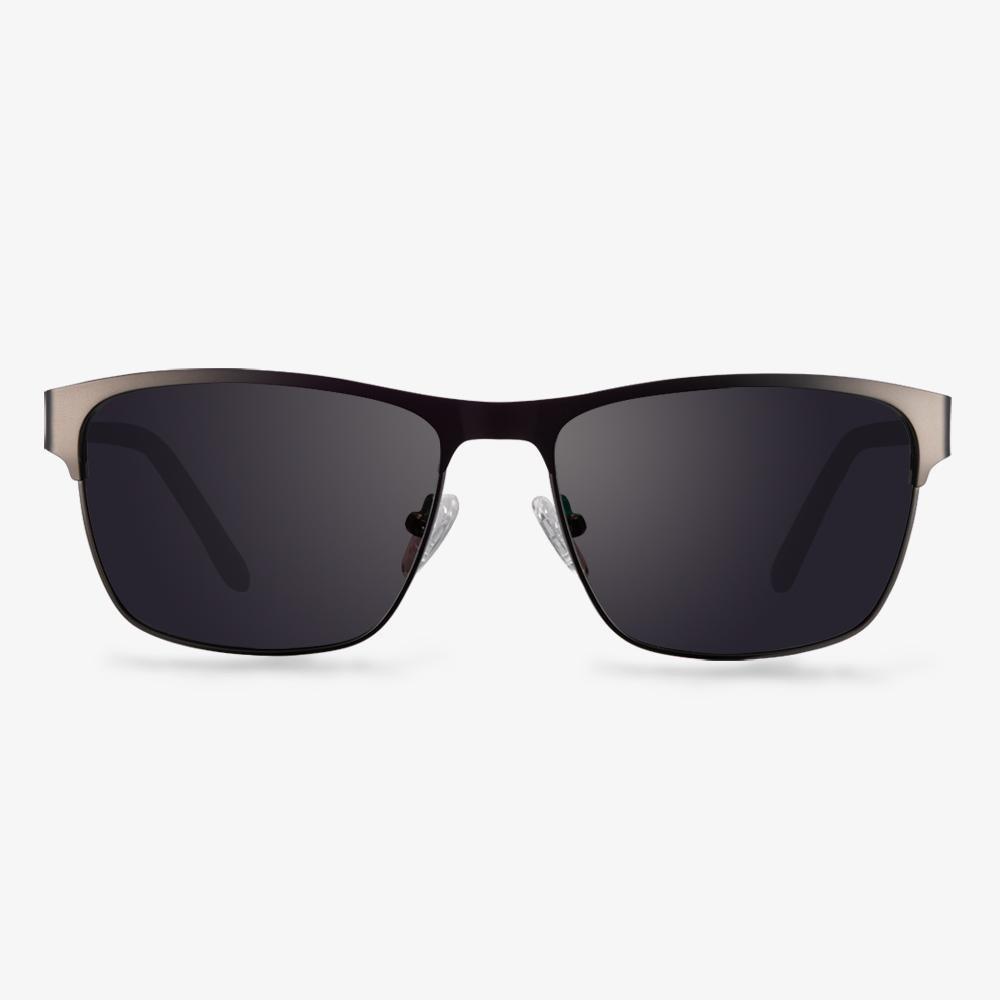Driving at night can be challenging due to reduced visibility and the glare of headlights from oncoming vehicles. For individuals who require corrective eyewear, selecting the right pair of glasses for night driving is crucial for safety and comfort. In this article, we'll explore the factors to consider and provide a guide to finding the best eyeglasses for night driving.
Factors to Consider:
-
Lens Tint:
- Clear Lenses: The most effective eyeglasses for night driving have clear lenses. Clear lenses allow maximum light transmission, ensuring you have the best visibility.
- Yellow or Amber Lenses: These lenses can enhance contrast and reduce glare from headlights and streetlights. They are particularly beneficial in low-light conditions.
-
Anti-Glare Coating (Anti-Reflective Coating):
- Anti-glare coatings reduce reflections on the lenses, which can be especially useful when facing bright headlights. This coating improves overall visibility by minimizing glare.
-
Lens Quality:
- Opt for high-quality lenses that are free from distortions and imperfections. Premium materials like polycarbonate or Trivex are durable and provide excellent optical clarity.
-
Frame Style:
- Consider a wraparound frame style to shield your eyes from wind, dust, and debris, which can be more prevalent at night.
-
Prescription Accuracy:
- Ensure your eyeglasses have the correct prescription, as blurry vision can be dangerous when driving, especially at night.
Top Eyeglasses for Night Driving:
-
Clear Lenses with Anti-Glare Coating:
- Clear lenses with an anti-glare coating are the go-to choice for night driving. They provide optimal vision without altering colors and reduce distracting reflections.
-
Yellow or Amber Tinted Lenses:
- Yellow or amber-tinted lenses can enhance contrast and reduce glare. These are particularly helpful in low-light and foggy conditions.
-
Polarized Lenses:
- Polarized lenses are excellent for reducing glare from wet or reflective road surfaces. However, they may not be suitable for all night driving conditions.
-
Photochromic Lenses (with caveats):
- Photochromic lenses, which darken in response to UV light, can be used for night driving if they don't become too dark in the presence of headlights. Some photochromic lenses are designed to remain clear in low-light conditions.
-
Custom-Made Lenses:
- If you have unique vision needs, custom-made lenses can be tailored to your specific requirements, ensuring optimal night vision.
Conclusion:
Selecting the best eyeglasses for night driving is essential for safety and comfort on the road. Clear lenses with anti-glare coatings, yellow or amber-tinted lenses, and high-quality materials are all excellent choices. Remember that every individual's visual needs are unique, so consult with an eye care professional to determine the best option for you. With the right pair of glasses, you can navigate the night with clarity and confidence, making the road safer for yourself and others.
The Benefits of Anti-Reflective Coating
After knowing some basic information about anti-reflective coating, you need to know the benefits of anti-reflective glasses.
Anti-reflective glasses enable more light to pass through your lenses to optimize visual acuity with fewer distractions and the lenses look nearly invisible, which enhances your appearance by drawing more attention to your eyes and helping you make better eye contact with others.
In addition, the anti-reflective coating is especially beneficial when used on high-index lenses, which reflect more light than regular lenses. That is to say, the higher the index of refraction of the lens material, the more light that will be reflected from the surface of the lenses.
What’s more, the modern anti-reflective coatings can reduce the reflection of light from eyeglasses, allowing 99.5% of available light to pass through the lenses and enter the eye for good vision.
Because the anti-reflective coating can eliminate the reflections, it can also make your eyeglass lenses look nearly invisible so that people can see your eyes and facial expressions more clearly. Hence, anti-reflective glasses are more attractive and you can look your best in all lighting conditions.
Anti-reflective glasses have sharper vision with less glare when driving at night and greater comfort during prolonged computer use. So, you can find that anti-reflective glasses come with many benefits.
How to buy prescription glasses online
Consumers should choose different styles of frames according to their age and professional characteristics. Because everyone has different face shapes, different interpupillary distances, and different diopters, the size of the frames should vary from person to person.
Lenses are divided into glass lens, resin lens, and PC lens, and you can choose according to your preferences. The glass lens has a stable refractive index, good abrasion resistance, and stable optical performance, but it is relatively heavy and easy to break. Resin lens with high light transmittance is light, safe, and not easy to break, but the surface is easy to wear. PC lens has a high refractive index, but the surface is easy to wear.
Why is a prescription for glasses different from a prescription for contact lenses?
The frame glasses degrees are the optometric degrees of the eye, and the difference between the frame glasses degrees and the contact lens degrees is mainly due to the different contact distances between the two lenses and the eye. Usually, degrees of contact lenses and glasses need to be converted by a professional through vertex diopter. The conversion formula is Fc=Fs/(1-d×Fs). In the formula, Fc is the diopter of contact lens, Fs is the diopter of glasses frame lens, and D is the distance between frame glasses lens and cornea. Assuming that the prescription of frame glasses is -4.00d and the distance between lens apex is 12mm, the prescription of contact lenses is -4.00/ [1-0.012×(-4.00)] = -3.82d.
Glasse for square faces
It's a square face. People with square faces have wider cheeks and a shorter face that looks firm and has a softer facial line. So select a square or a polygon-shaped frame. Usually, square faces visually shorten the face. And they can give a person a kind of relatively strong feeling, like a boy's face. So choose something slightly wider than your face shape, so that they can have the modified effect.
Can you adjust your glasses by yourself?
If your frames are not suitable, adjusting your glasses at home may be easier than you think. You can solve the most common problems in the frame by yourself, but sometimes taking your glasses to an optician is the best thing to do. Of course, if your problem is your lenses, that's something you can't usually fix at home.











































